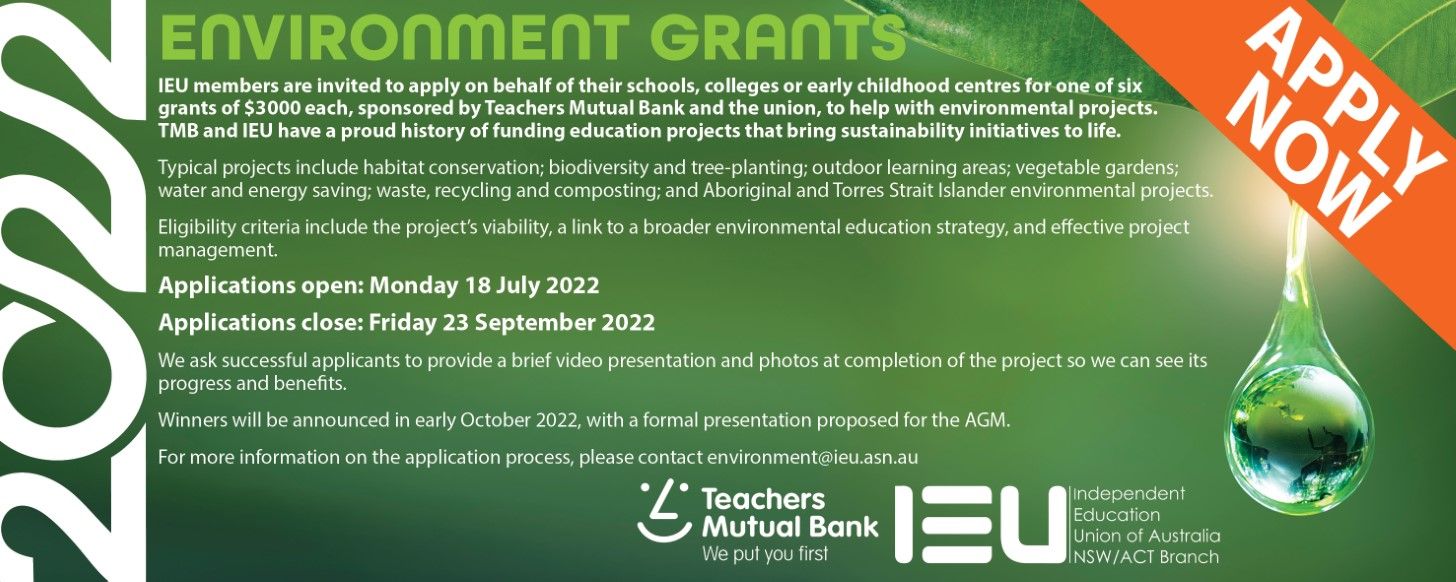NGS Super is divesting from oiland gas exploration and production companies including Woodside Energy and Santos.
This follows the previous announcement of an interim target of a 35 percent reduction of carbon emissions by 2025 within the Diversified MySuper portfolio.
The fund has restrictions on holding companies that generate more than 30 percent of revenue from distribution, power generation, or extraction of thermal coal, and has now expanded those restrictions to include companies who are in the oil and gas production and exploration sector.
This exclusion has been applied in all investment options offered by NGS Super except for the Indexed Growth investment option.
NGS’s research has shown that this divestment will reduce risk and free up capital to invest across industries that are aimed at solving climate change, such as green hydrogen, renewable energies, agriculture solutions and automation.
NGS Super Chief Investment Officer Ben Squires said: “To solve climate change, we need to rapidly transition to energy sources that don’t emit carbon and methane into the atmosphere.
“At NGS Super we’re making bold moves to protect our members’ long-term investment returns and their future,” Squires said.
“We’re not a ‘mega-fund’, but with over $13 billion in funds under management, we can have a positive impact for our members and our planet. We’re walking the talk when it comes to building a brighter and more sustainable future for our members.
“Companies whose revenue relies on further oil and gas exploration and production are at risk of becoming stranded assets as the world decarbonises, especially if they are solely focused on upstream oil and gas production. By divesting these companies, we expect to generate higher returns from allocating capital elsewhere.
“It would be irresponsible to put our members’ financial interests at risk without a portfolio well-positioned for the future. We are striving to replace those companies that have high carbon intensive businesses that are either failing to rapidly decarbonise or unlikely to be able to, with companies that have a clear transition plan to decarbonise.
“Making these assessments takes time and effort, so we are bolstering our internal resources to address this challenge and we are optimistic that our members will be well compensated by staying ahead of the curve.
“We view this [divestment] as manageable because the sector is not significant in Australian and international equity benchmarks. We’ll continue to measure each year to make sure it’s still manageable, and our decisions will always be based on our members’ best financial interest.
“This is a moment in time where drastic action must be taken to contribute to change. By using the collective capital of committed NGS Super members, we will support companies building sustainable, lower carbon businesses, while aiming to improve on current average long-term investment returns for members,” Squires said.








































































































































